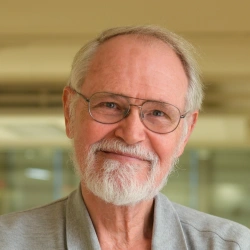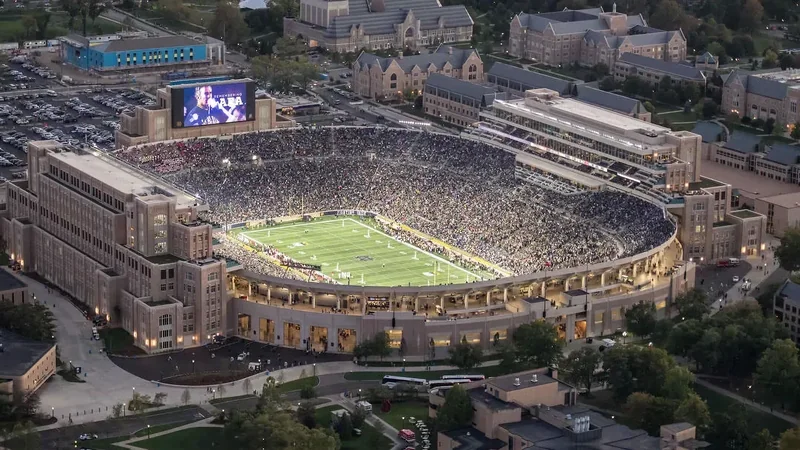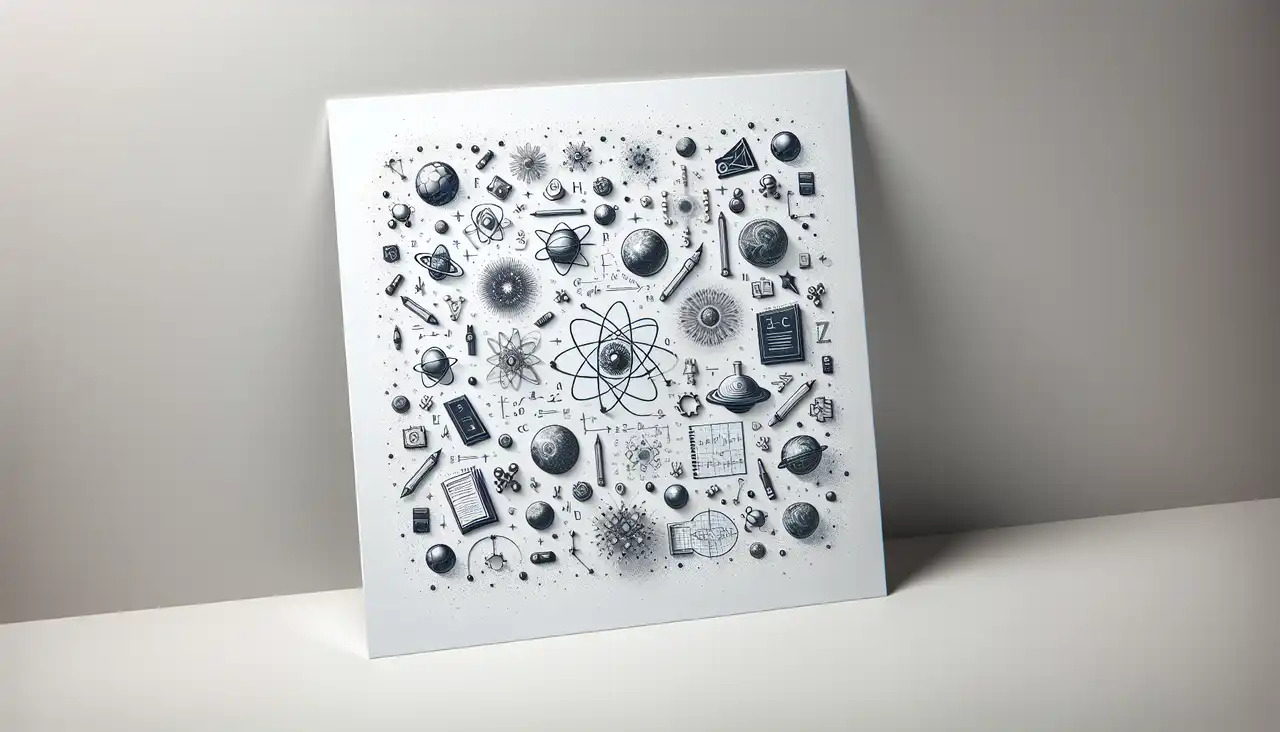
Arvind Narayanan

Janet Vertesi

Prateek Mittal

Kevin Deas







The University of Notre Dame du Lac, known simply as Notre Dame (NOH-tər-DAYM; ND), is a private Catholic research university in Notre Dame, Indiana, north of the city of South Bend. French priest Edward Sorin founded the school in 1842. The main campus covers 1,261 acres (510 ha) in a suburban setting and contains landmarks such as the Golden Dome, the Word of Life mural, Notre Dame Stadium, and the Basilica. Originally for men, the university did not formally accept undergraduate female students until 1972.

The Department of Physics at the University of Notre Dame provides a dynamic environment for those passionate about exploring the fundamental mysteries of the universe. It seamlessly integrates cutting-edge research with dedicated teaching, creating a rich experience for both undergraduate and graduate students. The department boasts distinguished faculty who are leading experts across a wide spectrum of physics disciplines, including astrophysics, nuclear physics, condensed matter physics, and biophysics. Students have ample opportunities to work closely with these faculty members, actively contributing to significant research projects and participating in the advancement of scientific knowledge. This is supported by access to impressive facilities and resources, such as advanced laboratories, powerful computational tools, and astronomical telescopes, enabling deep exploration into the physical world and fostering a collaborative, discovery-focused atmosphere.
View Physics